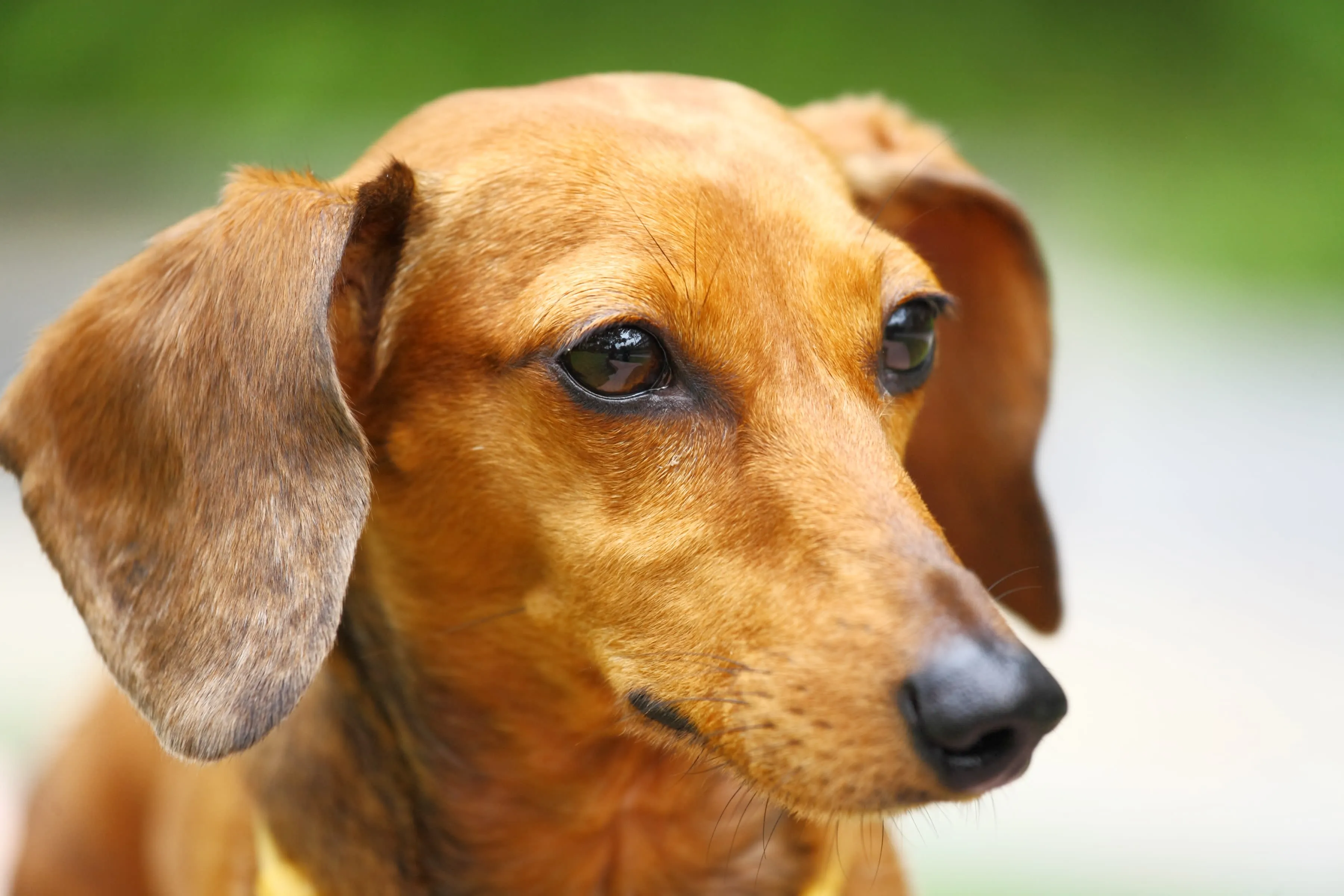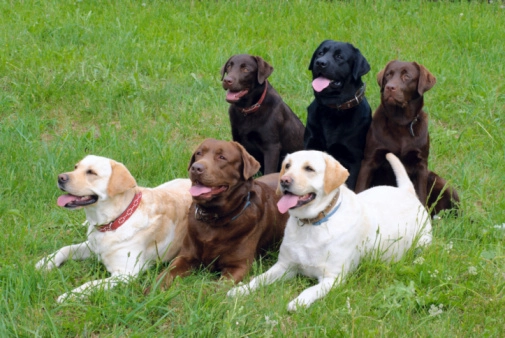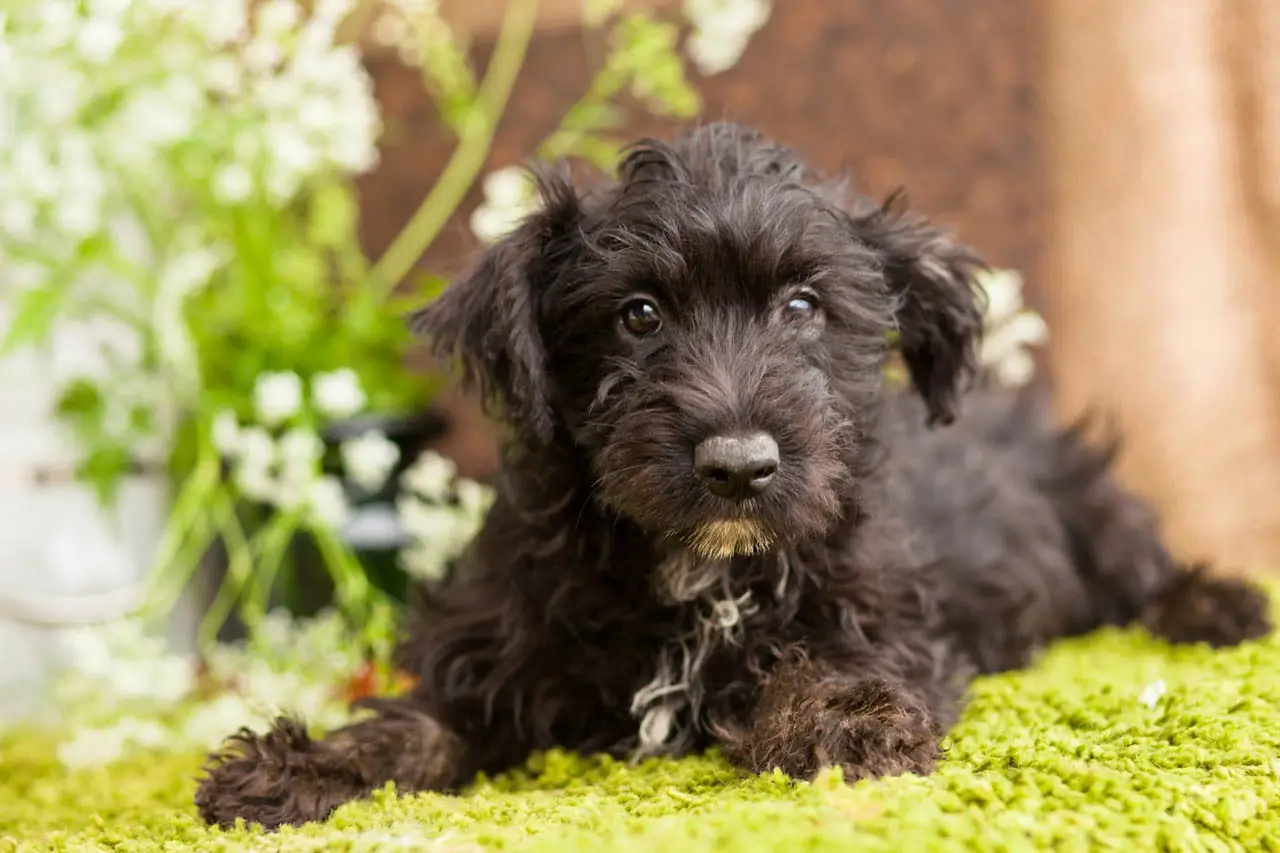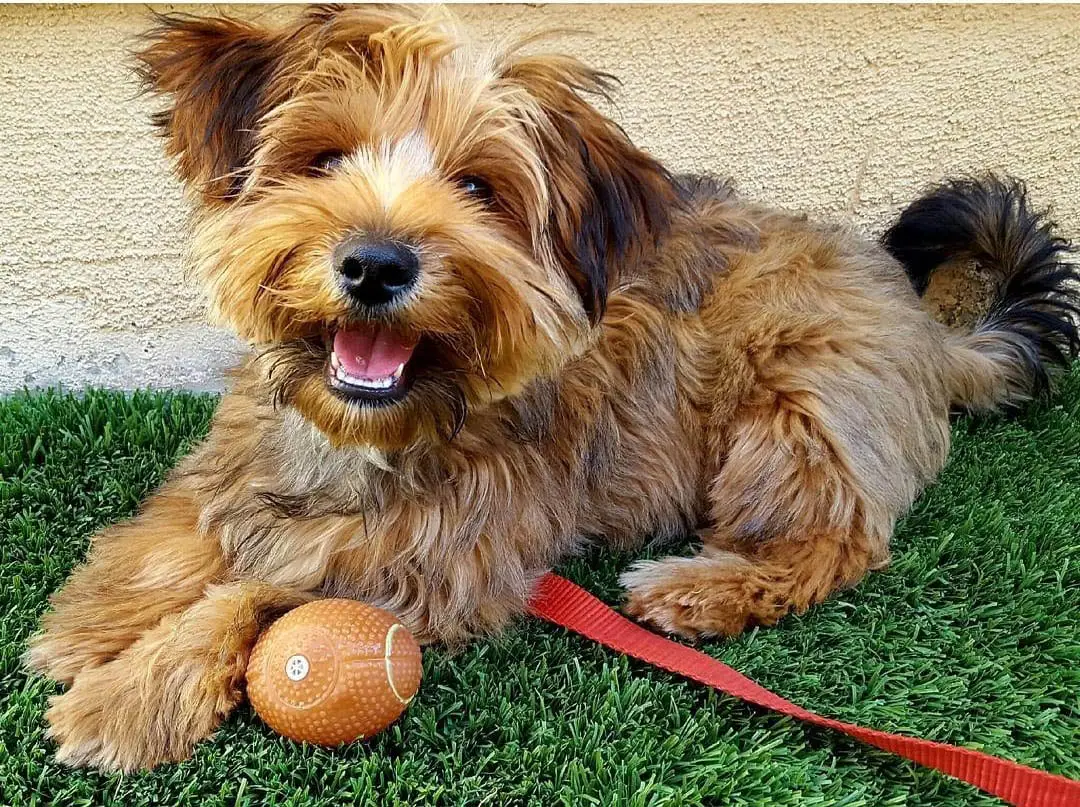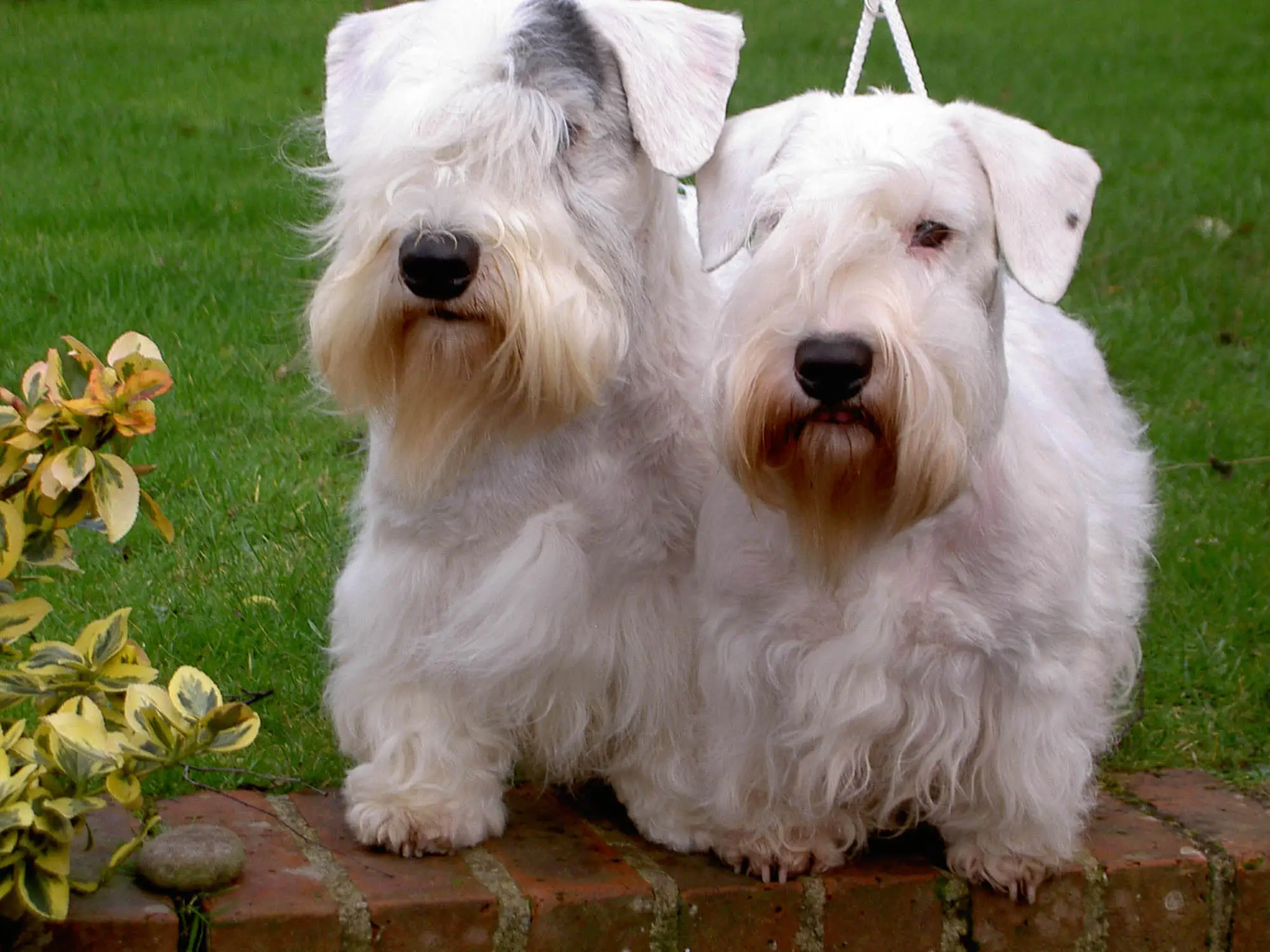Exercise
Long jogging and playful activities always make a Foodle happy and keep its health in good condition. Daily long and gentle walks in the outdoors are recommended and put a leash on its neck before going. However, allow the dog to jump and freely inside a fenced yard.
Grooming
Weekly brushing is required and never forget to remove dead strands of hairs from its coat. Bathe the dog daily with a mild shampoo and gently clean its ears with a cotton ball, as they catch dirt easily.
Health Problems
While no specific health issues are known for this breed, you should look for common dog disorders ( E.g., major: Luxating Patella, Mitral Valve Disease, Gastric Dilation Volvulus; minor: Entropian, deafness, cataracts, Progressive Retinal Atrophy ). Ask for the health history records of its parents before buying and check for hereditary disorders that all crossbreed dogs suffer from. Do occasionally diagnose for Glaucoma, Addison’s Disease, Sebaceous Adenitis and do occasional tests like MRI, CT scan, eye examination, skin evaluation, X-rays, urinalysis, blood tests, auditory tests.
Training
Being blessed with the smart genes of its Poodle parent, Foodles are intelligent and easy to train. Expose them to early obedience and socialization training and be rigid and consistent in your training methods. You may also hire a dog coach to make it learn new tricks, and make sure that you are adopting new and unique ways, as iterative tasks could easily bring boredom and make it unmanageable.
Feeding
Give the Foodle dry dog food meant for small breeds, twice daily, each measuring half-a-cup. While they love to eat fresh foods and vegetables; do not give them raisins, grapes, cherries, garlic, onions, mushroom, raw potatoes, rhubarb, currants, apricots; as these kinds of foods are harmful to Foodles and they could even die.
.png)

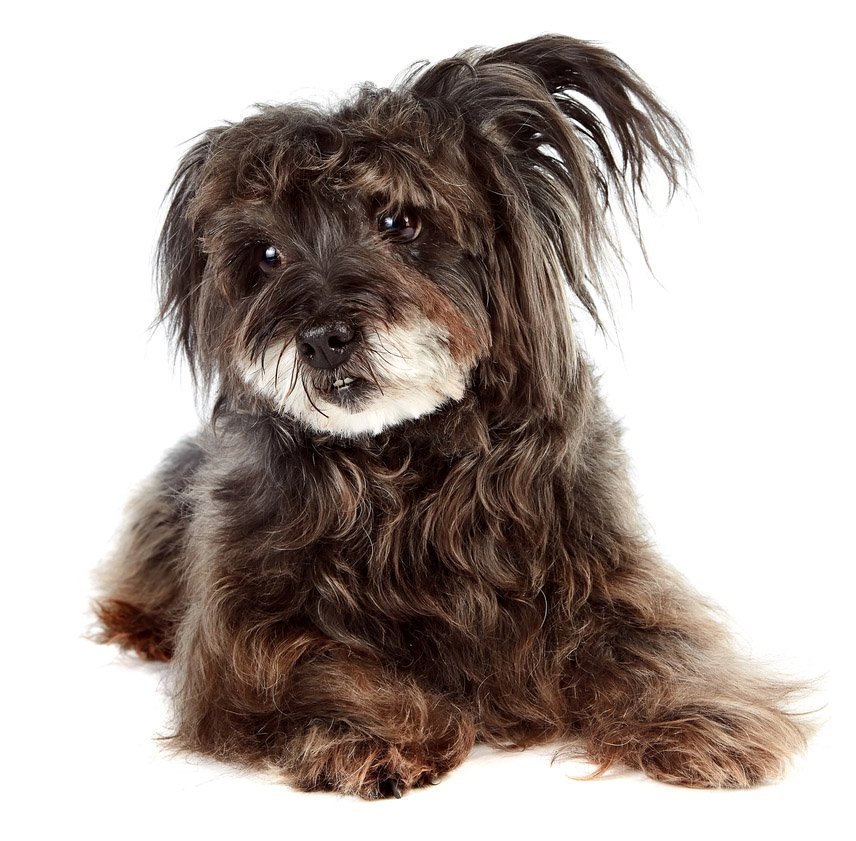





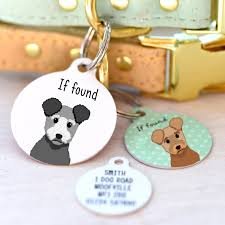

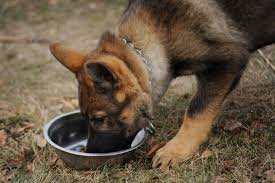
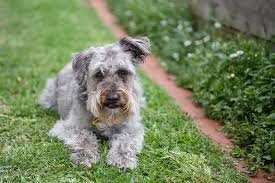
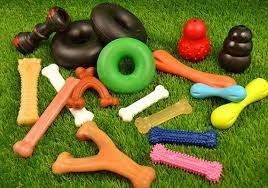






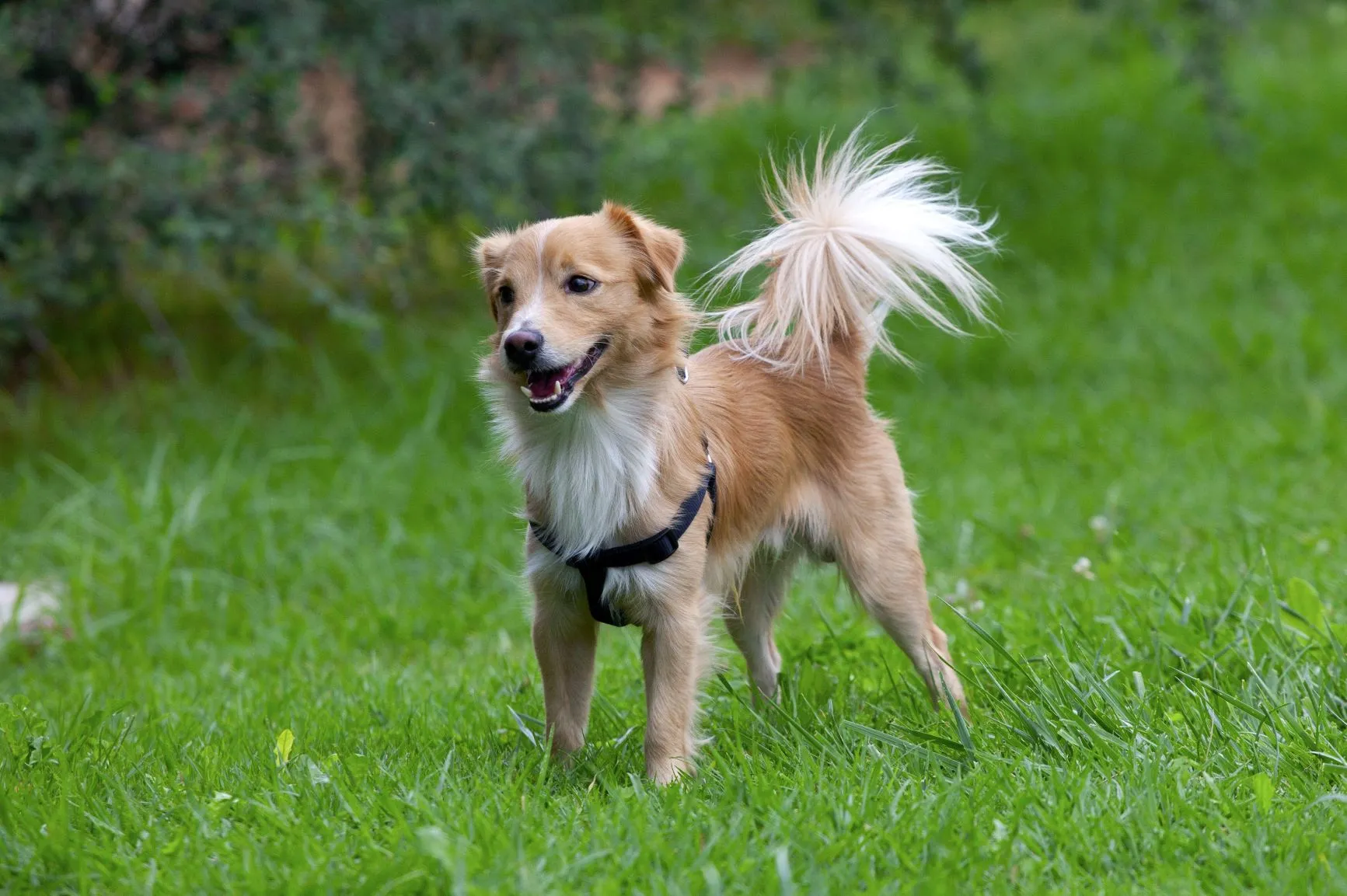
.webp)
